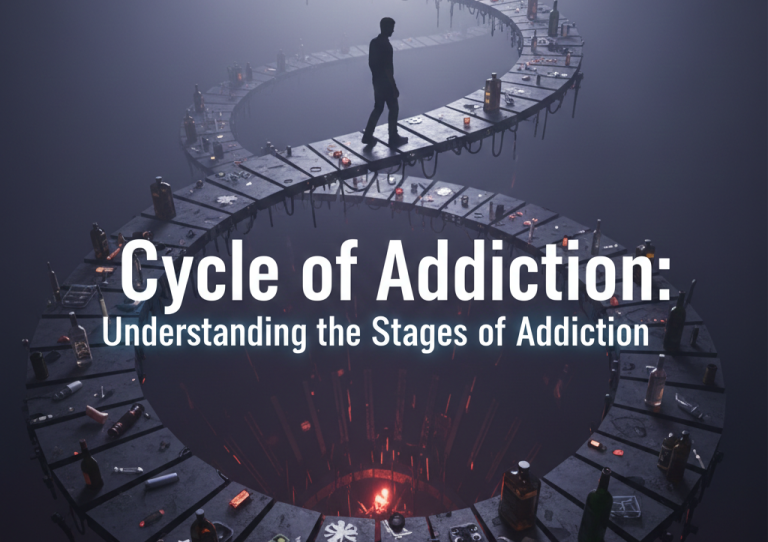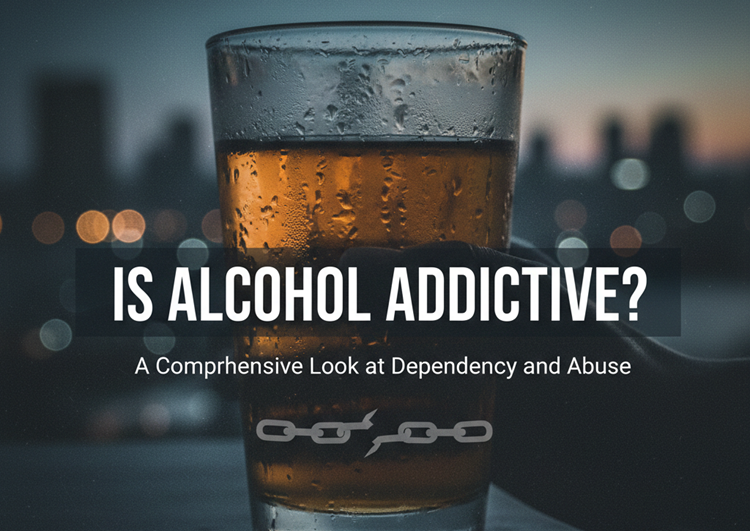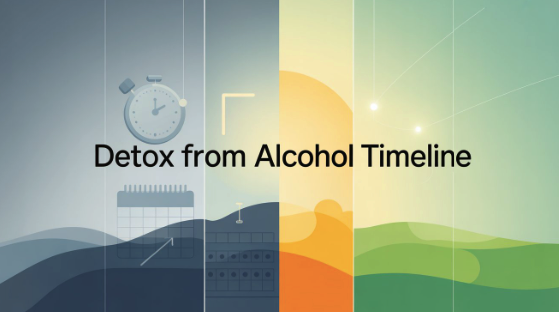People consume alcohol at social gatherings, but some develop risky drinking patterns that can lead to alcoholism or binge drinking issues. The interchangeable use of these terms can lead to different medical outcomes, necessitating specific treatments. Medical professionals must recognize the distinct alcohol-related problems between binge drinking and alcoholism to ensure proper treatment, facilitating successful recovery.
What is Binge Drinking?
Binge drinking refers to the consumption of large quantities of alcohol in a short period, typically to become intoxicated. The National Institute on Alcohol Abuse and Alcoholism (NIAAA) has designated binge drinking as any alcohol consumption that raises blood alcohol concentration (BAC) past 0.08. To count as a binge drinker man must drink five drinks during two hours but the woman must drink four drinks within two hours.
Most individuals mistake binge drinking to be solely connected to social relationships yet it poses lethal threats to both physical health and mental state. Binge drinkers experience harmful effects because of their periodic high alcohol use patterns even though they do not drink daily.
What is Alcoholism?
The nature of alcohol use disorder persists because alcohol-dependent people continue drinking despite experiencing negative impacts from alcohol consumption. Humans stay alcohol-free only when they do not depend physically or mentally on alcohol. People who are alcoholics experience three major indicators with intense alcohol cravings and withdrawal reactions along with dependency on daily alcohol consumption for typical functioning.
Alcoholism develops over time until it causes destruction to every aspect of life including personal relationships at home and at work and overall body wellness. Alcohol abuse patterns in alcoholism develop into extended behavioral sequences that interrupt everyday operational functions.

Understanding the Consequences
Consequences of Binge Drinking
Binge drinking can lead to:
Short-Term Risks:
- Alcohol poisoning
- Accidents and injuries
- Ineffective decision-making generates dangerous conduct such as unprotected sexual encounters and operation of vehicles while intoxicated.
Long-Term Risks:
- Liver damage
- High blood pressure
- Cognitive impairments
- Increased risk of developing alcohol dependence or alcoholism
Consequences of Alcoholism
Alcoholism has more pervasive and long-lasting effects, including:
Physical Health Issues:
- Chronic liver disease (e.g., cirrhosis)
- Heart problems
- Weakened immune system
Mental Health Problems:
- Depression and anxiety
- Cognitive decline
- Increased risk of suicide
Social and Economic Impacts:
- Strained relationships
- Job loss
- Financial difficulties
- Other than binge drinking’s direct threats alcoholism creates serious impacts over the longer term because it exists as a chronic condition.
Treatment for Alcoholism vs. Binge Drinking
Treatment for Binge Drinking
Professional intervention for binge drinking includes short courses devoted to behavior modification efforts. Since binge drinking is not always accompanied by physical dependency, individuals may benefit from:
Counseling and Therapy: Through cognitive-behavioral therapy (CBT) patients learn both the root causes of their habits and effective strategies to deal with stressful situations.
Lifestyle Changes: By creating regular routines and setting limits and seeking new methods of social interaction the occurrence of binge drinking can decrease.
Education and Awareness: When people understand the potential dangers of binge drinking they become more likely to choose better alternatives.
Treatment for Alcoholism
Alcoholism needs treatment approaches that combine several elements as well as extended periods of treatment. Common treatment options include:
Medical Treatment for Alcoholism:
- The medical treatment of alcohol dependence includes naltrexone and acamprosate and disulfiram medications to aid in controlling cravings and detoxifying alcohol consumption.
- Medical supervision provides detox services that allow the safe management of withdrawal symptoms.
Outpatient Treatment for Alcohol Use Disorder:
- Through outpatient programs people can access therapy and support care without giving up their daily commitments.
- The combination of group counseling together with peer support groups like Alcoholics Anonymous creates boundaries which support addiction recovery by providing support and encouragement.
Inpatient Treatment:
When addiction manifests through severe alcoholism people should enroll in residential care because these facilities provide round-the-clock service inside an environment dedicated for recovery.
Therapeutic Approaches:
- Group therapeutic approaches along with personal therapy treatments work to find the origin of addiction problems.
- A specialized treatment program exists for diagnosing people with dual mental health problems.
Alcohol Addiction Treatment at Orlando Treatment Solutions
Effective intervention in this field depends on the ability to distinguish between binge drinking and addiction to alcohol. Excessive periodic drunk episodes define binge drinking but alcoholism leads to uncontrollable dependency combined with major life complications. Treatment options differ according to each individual’s situation though both conditions cause significant health problems.

Any person experiencing alcohol abuse or their family members can receive professional assistance anytime. At Orlando Treatment Solutions we customize treatment methods to help clients overcome binge drinking and alcohol abuse on their path toward a healthy alcohol-free existence. Contact us at (321) 415-3213 to discover our treatment options and start your path to recovery.



























